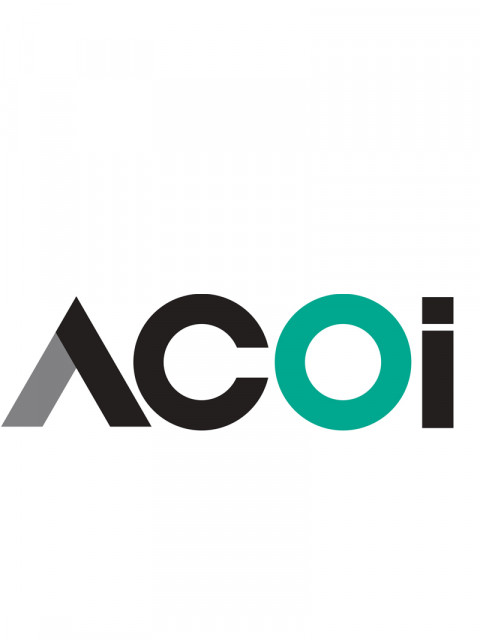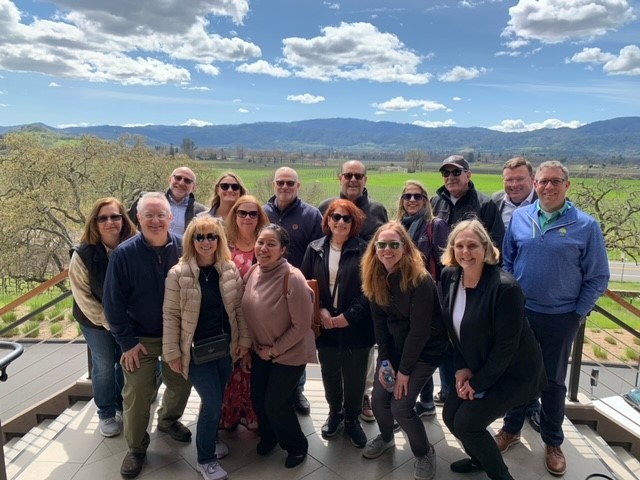
Dr. Robert A. Cain Says the Future of Osteopathic Internal Medicine Remains Rooted in its Principles
by ACOI
August 28, 2023
Robert A. Cain, DO, FACOI, FAODME, believes there’s value in every experience, and today as President and CEO of the American Association of Colleges of Osteopathic Medicine (AACOM) he is using his vast experience as a pulmonologist, educator, leader in medical education, and advocate for osteopathic medicine, to lead an organization that is an important voice in the education and training of physicians who practice osteopathic medicine in settings across the medical spectrum.
During his nearly 10 years serving on the ACOI Board, and the additional eight years he was active on various ACOI committees, he says there were always two things that have remained in focus, “…the pain that our patients are feeling and the pain that our colleagues are feeling in this system.” He says finding a way to address both are buried within Principle Centered Medicine, an ACOI initiative that helps internists maintain a connected professional life and support a connected workplace. “If you really look at those Principles, they're about doing the right thing and reminding ourselves and recommitting to that in the context of the language that was developed to articulate the mantra, that It's always been within you.”
“From osteopathic medicine’s earliest days, the core belief has centered around the importance of structural health and the human connection and what that means. I see our growth as a challenge, but it's a good thing and hopefully, something we'll learn to manage. Our real opportunity is to use the educational model we have, which is a distributed community-based model of education to make a difference for a big segment of the American public.”
Dr. Cain says that being part of the ACOI Board allowed him to experience firsthand just how committed the Board is to preserve and enhance osteopathic principles. “Sometimes people lose sight of the Board. It becomes this disconnected thing from the organization, and sometimes people even have the wrong impression of what the Board is and what the Board is doing.” He remembers the Board leading with heart at a time of uncertainty as the new world of single accreditation was on the horizon. The uncertainty of the future of osteopathic graduate medical education was top of mind. “We had empathy for the pain of our colleagues. We would look at the member surveys and the things that they were going through, and we knew we had to try to do our best to make a difference.”
Dr. Cain joins the Board of Directors and ACOI Staff for his final board retreat (Napa, 2023).
“As long as we learn something, even if that doesn't execute the way we thought, it has value. We can use that information with the next thing that we do. The one thing we can't ever lose sight of is that this is about the people we take care of. Period. There's no other reason why we should be doing what we're doing. The rewards that come with it are because we're hopefully doing the right thing for people.”
“So, as we look at the way the MD and DO community work with each other going forward, how do we complement each other so that we have a more complete healthcare system delivering the needs of every citizen? Osteopathic medical education uses the things that we've historically felt were really important and this gets back to the Principles and the critical nature of empathy and humanism. It’s about creating connections to our patients and delivering quality care and doing that in settings where it is most needed.”
In his mind, the future of osteopathic medical education is woven into the origin story of osteopathic medicine itself. “We began in rural Missouri in a small community. Our hospitals were typically very connected to their communities. I'm trying my hardest to help people see that staying true to our roots really offers an opportunity to do the greatest good for the largest number of people. Our focus is serving communities that need to be served and delivering healthcare where healthcare is needed,” he says.

